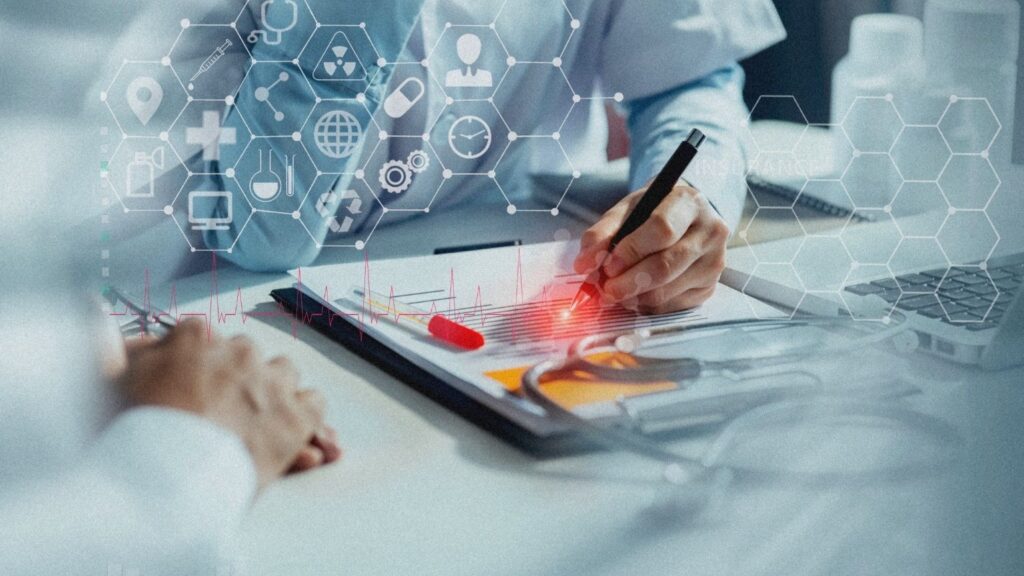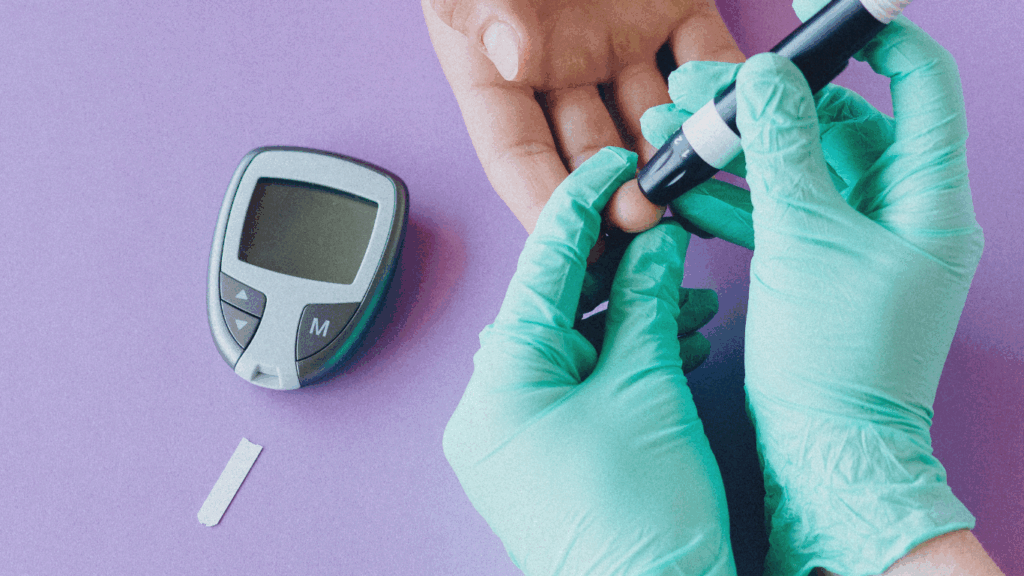The integration of artificial intelligence (AI) and machine learning (ML) into the medtech industry is accelerating the development of smart, data-driven healthcare devices. These technologies are enhancing the capabilities of medical devices by providing real-time insights, predictive analytics, and personalized care, making healthcare more efficient and accessible. In this article, we explore how AI and ML are revolutionizing medical devices across diagnostics, monitoring, and treatment.
1. AI-Driven Diagnostics: Faster, More Accurate Detection
- Device Focus: AI-Powered Imaging Systems
- Key Technology: Deep Learning Algorithms
- Impact: Traditional diagnostic processes often rely on human interpretation, which can be slow and subject to error. AI-powered imaging systems are changing that by using deep learning algorithms to analyze medical images (e.g., X-rays, MRIs, CT scans) with greater speed and accuracy. Companies like Zebra Medical Vision and Aidoc are developing AI-driven platforms that help radiologists detect abnormalities, such as tumors or fractures, in minutes.
- Clinical Benefits: Recent studies have shown that AI imaging platforms can reduce diagnostic errors by up to 50% in certain conditions, such as early-stage cancers and cardiovascular diseases. These platforms are also capable of processing large datasets in seconds, providing immediate feedback that can improve patient outcomes.
- Why It’s a Game-Changer: AI-powered diagnostics allow for faster, more accurate detection of diseases, reducing the risk of human error. This speed is crucial in time-sensitive conditions, such as stroke or cancer, where early detection dramatically improves survival rates.

2. Wearable Devices: Continuous Monitoring Powered by AI
- Device Focus: AI-Enhanced Wearables (Smartwatches, Fitness Trackers, etc.)
- Key Technology: Machine Learning Algorithms
- Impact: Wearable devices like Apple Watch and Fitbit have already become mainstream, but the next generation of wearables integrates machine learning to continuously monitor vital signs like heart rate, blood pressure, and oxygen levels. These devices can now detect abnormalities in real-time and alert healthcare providers before a medical emergency occurs.
- Clinical Benefits: The latest AI-enhanced wearables go beyond fitness tracking. For example, smartwatches with AI-powered ECG sensors can detect atrial fibrillation, a serious heart condition, with over 90% accuracy, allowing patients to seek timely treatment. Continuous glucose monitors are also integrating AI to predict hypoglycemic episodes in diabetic patients based on real-time data.
- Why It’s a Game-Changer: AI-enabled wearables provide continuous monitoring and early detection of potential health issues, enabling proactive healthcare. This can reduce hospitalizations, improve chronic disease management, and empower patients to take control of their health.
3. AI-Assisted Surgical Devices: Precision and Safety
- Device Focus: Robotic Surgery Platforms with AI Guidance
- Key Technology: Computer Vision and Machine Learning
- Impact: AI is now being integrated into robotic surgical systems to enhance the precision and safety of procedures. Devices like da Vinci Surgical Systems are using AI-powered computer vision to assist surgeons during operations by providing real-time visualizations and feedback, helping to navigate complex surgeries more safely and efficiently.
- Clinical Benefits: AI-assisted robotic systems have been shown to improve surgical outcomes by reducing the risk of human error, minimizing incisions, and shortening recovery times. A study in The Lancet Digital Health reported that AI-guided surgeries led to a 15% reduction in post-operative complications.
- Why It’s a Game-Changer: The use of AI in surgical devices offers unprecedented precision, improving outcomes and reducing recovery times. As these systems continue to evolve, they will enable surgeons to perform more complex procedures with greater confidence and accuracy.
4. Predictive Analytics in Critical Care: Improving Outcomes
- Device Focus: AI-Driven Patient Monitoring Systems
- Key Technology: Predictive Machine Learning Models
- Impact: In critical care settings, patient monitoring systems powered by AI can predict patient deterioration before it occurs. Platforms like Clew Medical and ICU Cockpit use machine learning to analyze real-time patient data, such as heart rate, oxygen saturation, and blood pressure, to predict adverse events and alert healthcare teams.
- Clinical Benefits: Predictive AI systems can identify patterns that humans may miss, allowing healthcare providers to intervene earlier in critical situations, potentially saving lives. In one study, predictive monitoring reduced ICU mortality rates by 20% and shortened ICU stays by several days.
- Why It’s a Game-Changer: AI-driven monitoring systems provide healthcare teams with real-time, actionable insights, enabling faster decision-making in life-threatening situations. This can improve patient outcomes and reduce the burden on overstretched critical care staff.

5. AI-Powered Drug Delivery Devices: Personalized Treatment
- Device Focus: Smart Drug Delivery Systems
- Key Technology: Adaptive Machine Learning Algorithms
- Impact: AI-powered drug delivery devices are changing how medications are administered. These devices use adaptive algorithms to personalize dosing in real-time based on patient-specific factors such as weight, metabolism, and response to treatment. For example, Insulet’s OmniPod insulin pump uses AI to optimize insulin delivery for diabetic patients, improving blood glucose control.
- Clinical Benefits: AI-powered drug delivery systems have shown to reduce medication errors and improve treatment outcomes. In patients with diabetes, AI-driven insulin pumps have led to more consistent blood sugar levels and reduced the risk of hypoglycemic episodes.
- Why It’s a Game-Changer: Personalized, AI-driven drug delivery reduces the guesswork in treatment, ensuring that patients receive the right dose at the right time. This improves efficacy, reduces side effects, and enhances patient compliance, particularly in chronic conditions.
Conclusion
The integration of AI and machine learning into medical devices is transforming healthcare by providing faster diagnostics, real-time monitoring, and personalized treatment. These advancements are not only improving patient outcomes but also reducing the burden on healthcare providers. As AI continues to evolve, its role in medtech will only expand, making it a key driver of innovation in the healthcare industry.



